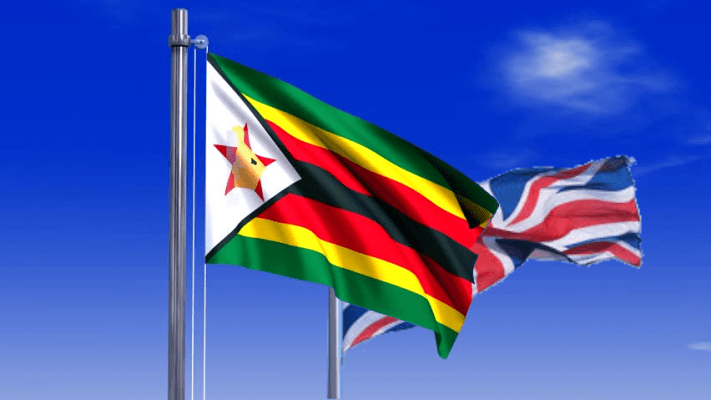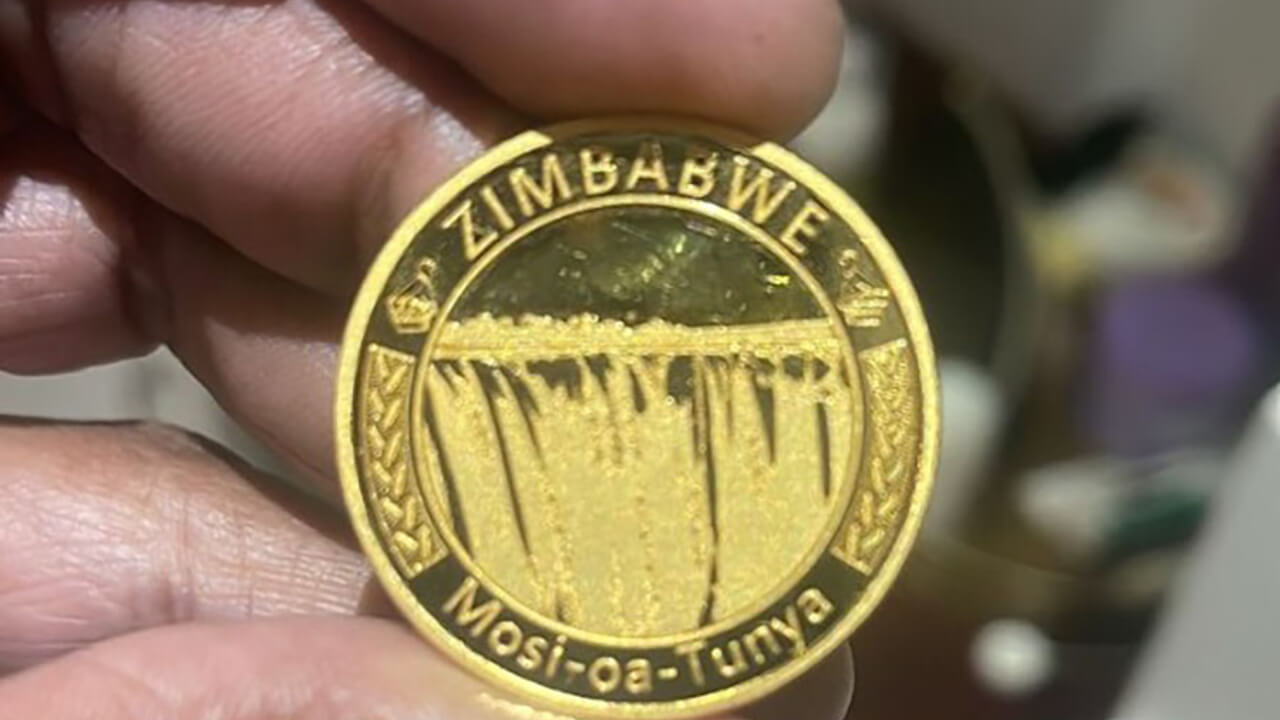Carbon Credits should benefit local communities
THE first edition of the African Voluntary Carbon Credit Market (AVCCM) forum began in Victoria Falls with climate action players converging to share ideas and concepts of saving the planet from ozone depletion.
The Forum gliding on Zimbabwe’s National Development Strategy 1 (NDS1) goals, Vision 2030 and Sustainable development goals (SDGs) will run from Wednesday to Friday under the theme: “Accelerating Africa into the climate economy.”
Stakeholders from across the African continent that include industry and commerce, civic society, Government, state-owned enterprises, social entrepreneurs, the media fraternity and community leaders were called upon to reach common understanding and forge strategic collaborations and partnerships which will enhance environmental management and conservation strategies.
Speaking on behalf of AVCCM Chief Executive Officer, the Community Stakeholder Liason, Mr Anglistone Sibanda said the forum is taking the first step towards the rights-based, inclusive, and sustainable approaches to climate actions.
“AVCCM is the space that is being presented to us for sharing ideas, exchange of information, and motivating one another in the midst of a myriad of challenges that affect us. We find ourselves confronted with day-to-day challenges in our collective endeavors to make a positive transformational impact towards saving our planet,” he said.
Mr Sibanda said the forum is for African countries to deliberate on opportunities presented by carbon credits and see that local communities benefit from them.
The Forum comes at a time when the Government seeks to come up with a regulatory framework that controls carbon credit entrepreneurship in the Kariba area following the Kariba Redd Carbon Credit scandal where it is believed that individuals selling carbon credits made huge benefits and sidelined local communities.
“Let us remember that we are doing it for the poor people who are suffering without water or food or those who are dying or have lost livelihoods due to climate change, induced natural disasters. This is not just business but a humanitarian act that calls for collective responsibilities and collaborative action. It is not about making money from carbon credits but it is about saving the planet and saving lives ” he said.
Zimbabwe is ranked number 12 among countries that trade in carbon credits in the world and the Government together with climate players is fighting to conserve forests and allow the participation of local communities and traditional leaders who have indigenous knowledge systems and local conservation strategies which have proved effective.-chronicles










